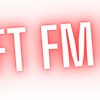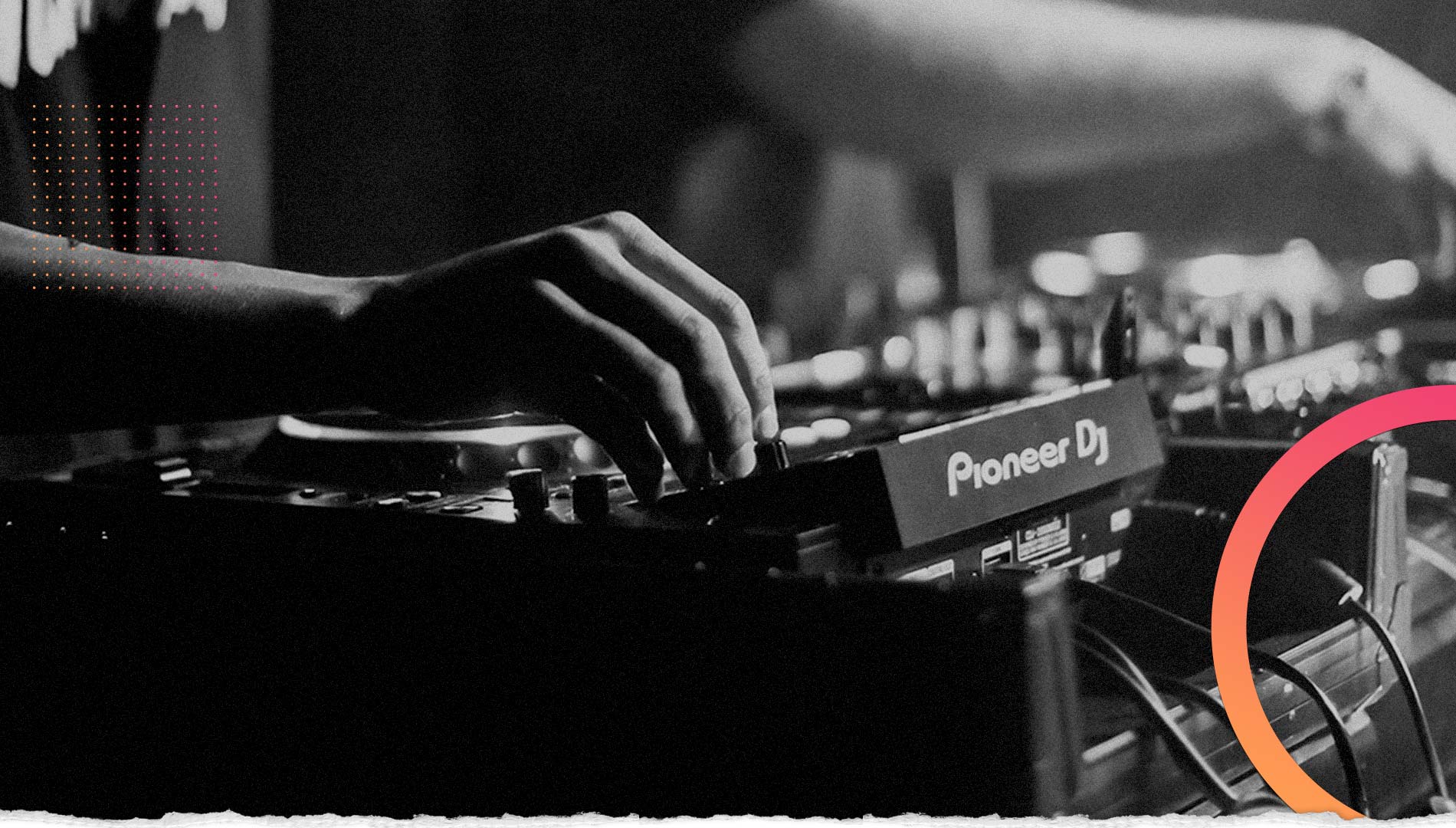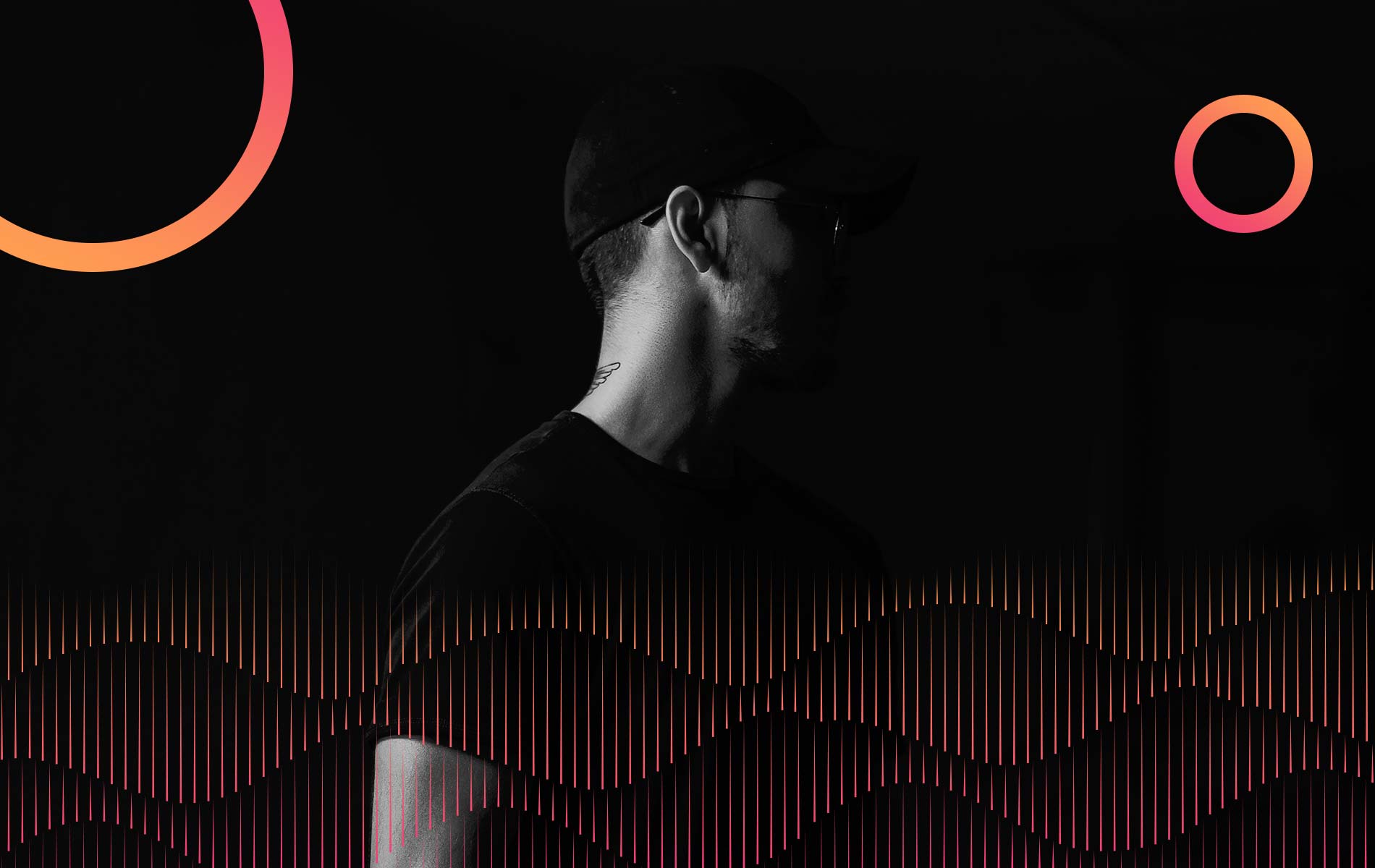Listeners:
Top listeners:
-
 play_arrow
play_arrow
Electromusic FM RADIO ONLINE 24/7
-
 play_arrow
play_arrow
London Calling Podcast Yana Bolder
‘Montmartre was dead’: how Paris district has been revived by music | Paris

Quentin Lepoutre takes a seat outside at seafood brasserie La Mascotte. As the moustachioed producer, otherwise known as Myd, looks up, he notices he isn’t dining alone. On his right is triple-platinum selling French singer-songwriter Renaud – and on his left is Guy-Manuel de Homem-Christo of electronic music duo Daft Punk, eating oysters.
“On this terrace there are maybe four tables, and there were three generations of musicians,” Myd laughs. “Classic 18th life.”
They say that in Paris you’re never more than a few metres away from a boulangerie. Now, the same might be said of record labels, electronic musicians and radio stations in the city’s 18th arrondissement. These two square miles on the city’s northern fringes, once inhabited by Picasso, Van Gogh, Dalí and Modigliani, may be known for the tourists making a beeline for the Basilica Sacré Coeur. But away from the crowds, caricature artists and multilingual restaurant menus lies a scene of dance and electronic musicians collaborating on one another’s tracks, bumping into one another in bistros and crashing on one another’s floors.
While club culture in Britain struggles – a UK nightclub shuts every two days, according to the Night Time Industries Association – in excess of 200 independent music businesses have settled in the 18th arrondissement since 2002. The change is such that Rue André Messager is now fondly known to some as Rue de la Musique.
Things haven’t always been so rosy at the bottom of La Butte Montmartre. Marc Teissier du Cros, manager of the band Air and Record Makers label co-founder, remembers a time when “the neighbourhood was dead”, deserted by tradespeople at the turn of the millennium.
“It was just people walking through to get home or from one point to another,” says Du Cros, who moved his offices to Rue André Messager after being priced out of trendy Marais in the 4th arrondissement in 2004. “Nobody was hanging out. In my area I would say it was almost a ghetto.” Only Eric Morand and his label F Com had “dared” to move to the district at that time. F Com took up residence in a former butcher shop; Record Makers settled in a dilapidated old bakery where famous 1960s chanteur Joe Dassin used to pop in for his croissants.
The organisation Marché Indépendant des Labels du Dix-huitième, or Mila, which describes itself as an “incubator of musical projects”, has played no small part in this transformation, working with amenable local officials to let abandoned stores for a low rent. The area was in a state of disrepair in the early 00s when Mila was formed, according to co-founder Enrico Della Rosa, with “shops abandoned and often squatted by dealers”. From vacant butchers, bakeries and barbers shops emerged new independent record labels, management offices and studios. And it’s not only cheap digs on offer. “The proximity means it’s easy for companies to meet and collaborate,” says Della Rosa.
Gaspard Augé of Justice arrives on a Lime e-bike to Rock Bottles, a natural wine and record shop. He’s dressed in a sharp blue suit paired with a vintage yellow Kenny Rogers tour T-shirt. He vapes sporadically, drinking a light sparkling white wine, and the sunglasses absolutely remain on. Augé, now 44, has lived in the 18th all his adult life, since moving in with friend and graphic designer So Me in the early noughties. This choice of flat turned out to be auspicious. Augé smiles. “It was through him we met Pedro.”
Pedro Winter knows these streets like his pocket, as the French expression goes. He conquered the world as Daft Punk’s manager and founded Ed Banger Records all before his 30th birthday.
Winter signed Justice after they played him the song We Are Your Friends one evening over a plate of raclette. The duo have since won Grammys, headlined Coachella and helped redefine electronic music in the 21st century. Their fourth studio album is on the way next spring. This sort of story is not atypical of the 18th where you bump into your contemporaries on a daily basis and, says Augé, “from one sidewalk to another it’s a whole other world”.
The atmosphere lured rising techno DJ Monaco, signed by Fat Boy Slim’s label Southern Fried Records, to move here from his native Ireland. “Music studios here have an open-door policy which I’ve not experienced in any other city,” says Monaco. “Walk in, have an allongé [coffee] and start laying a record a few moments later.”
Directly opposite Du Cros’s office, a stone’s throw from Mila, the Dizonord record store has lured DJs north of the river since 2019. Owners Vincent Privat and Xavier Ehretsmann offer art workshops, sonic treasure hunts and DJ scratching lessons to local children – even though it’s their parents that are often most eager to try. “It’s about having a real relationship with the neighbourhood,” says Ehretsmann, gesturing at the social housing around him. “I wouldn’t do this job without it.”
after newsletter promotion
“There has been a little gentrification in the 18th but not too much,” says Páula Margaux Devìsmes of upcoming Franco-Brazilian trio PPJ. “It’s still a very diverse area, with vibrant African and Arab communities.”
“You have people from Jamaica, people from Tunisia, people from Algeria,” says Augé. “It’s a kind of vibe that’s more interesting than living across the Seine, where everything is very white and very elite.”
Devìsmes says that many of the old-school zinc-top bars and bistros remain. One such place is Le Petit Duc, a small pool bar barely big enough to swing a cat and serving questionable pizza, which is featured in the music video for producer Paul Prier’s punchy new track, What U. “It’s very typical,” says Prier.
“The guy has owned this place for maybe 40 years. Nothing has moved. You can see these kinds of places that get taken over by youngsters. People maybe get fed up with going to the same spots, where the bartender has tattoos and there’s electro music in the background.”
That we have met in a natural wine shop selling records does not escape Augé, who allows a laugh of self-awareness. “This is one of the perfect examples of gentrification … But it’s kind of rare still.”
“This is the sort of gentrification we tolerate,” says Prier, “because we like good wine. And music.”
Written by: Soft FM Radio Staff
dead district Montmartre music Paris revived
Similar posts
Electro Music Newsletter
Don't miss a beat
Sign up for the latest electronic news and special deals
EMAIL ADDRESS*
By signing up, you understand and agree that your data will be collected and used subject to our Privacy Policy and Terms of Use.
Podcast episodes
 Invalid license, for more info click here
Invalid license, for more info click here
Copy rights Soft FM Radio.




